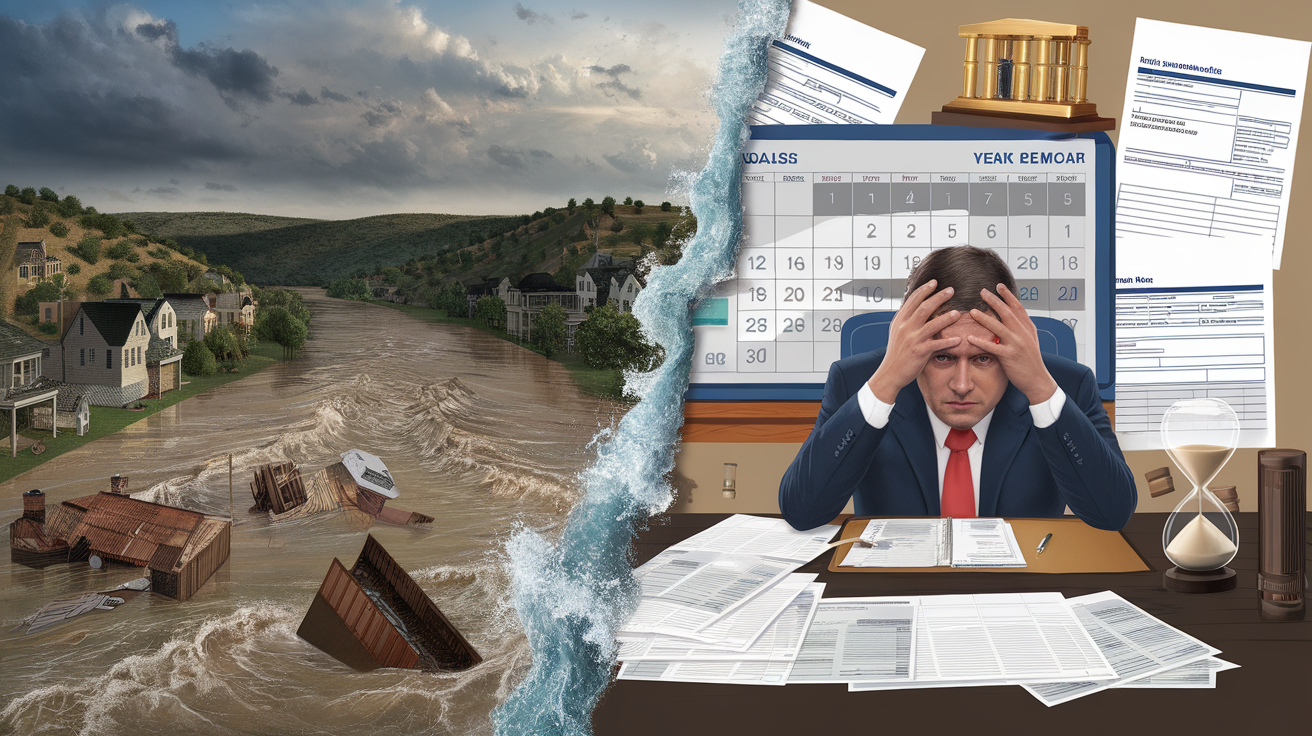Texas's Hill Country knows all about wild weather.
This summer, on July 4, massive flash floods turned quiet rivers into raging torrents, washing away homes, roads, and dreams in places like Kerr, Burnet, and Comal counties.
Folks like the Rivera family in Kerrville watched their house fill with muddy water, losing furniture, clothes, and precious memories.
Now, at the request of Governor Greg Abbott, FEMA has stretched the deadline for flood victims to apply for federal help. Instead of closing on September 4, it's open until September 28.
This covers ten counties and programs for things like fixing damaged roofs, paying for temporary places to stay, and replacing lost belongings.
The extension means more time for people to gather paperwork and get back on their feet.
Disaster relief experts from the American Red Cross say it's a smart move, especially since many are still digging out from the mess.
"Floods don't care about calendars," notes Sarah Kline, a recovery specialist quoted in Express-News reports.
Facts show these storms dumped feet of rain in hours, affecting thousands and causing millions in damage.
Governor Abbott pushed for the change, arguing that red tape and ongoing repairs have left some behind.
For families like the Thompsons in Burnet, who are juggling jobs and cleanup, this could be the difference between rebuilding or giving up.
But not everyone's raising a cheer. Some locals and taxpayers question if dragging out deadlines slows down the whole process.
Rancher Mike Harlan from Comal County wonders aloud, "Why not get aid out faster instead of extending dates?"
Critics, including fiscal watchdogs from the Taxpayers Protection Alliance, point out that federal programs like this cost billions nationwide, funded by everyone.
They argue extensions might encourage folks to wait, tying up resources that could go to other disasters.
On the flip side, community leaders like those in Kerr County meetings defend it as fair, saying without help, small towns could take years to recover, hurting local economies.
Trusted sources from FEMA's own guidelines explain that individual assistance has helped over 1,000 Hill Country households so far, covering essentials like hotel stays and home fixes.
Yet, policy analysts from the University of Texas warn that repeated extensions in Texas, hit by floods, hurricanes, and fires—raise bigger issues about dependency.
Is the government stepping in too much, or not enough?
Protests and online debates show a split, with some praising Abbott for fighting for his state, while others call for more local solutions like better flood barriers.
This deadline push highlights Texas's battle with nature and bureaucracy. As one flood survivor shared in a local forum, "We need help, but how long should we lean on it?"
The core question sparking sides: Should FEMA keep extending aid deadlines to catch every struggling victim, or enforce strict cutoffs to promote quicker self-recovery and save taxpayer dollars?
Facts reveal real relief for many, but also growing concerns over costs and delays. With the new date set, Hill Country residents are watching closely, hoping for healing without endless waits.

